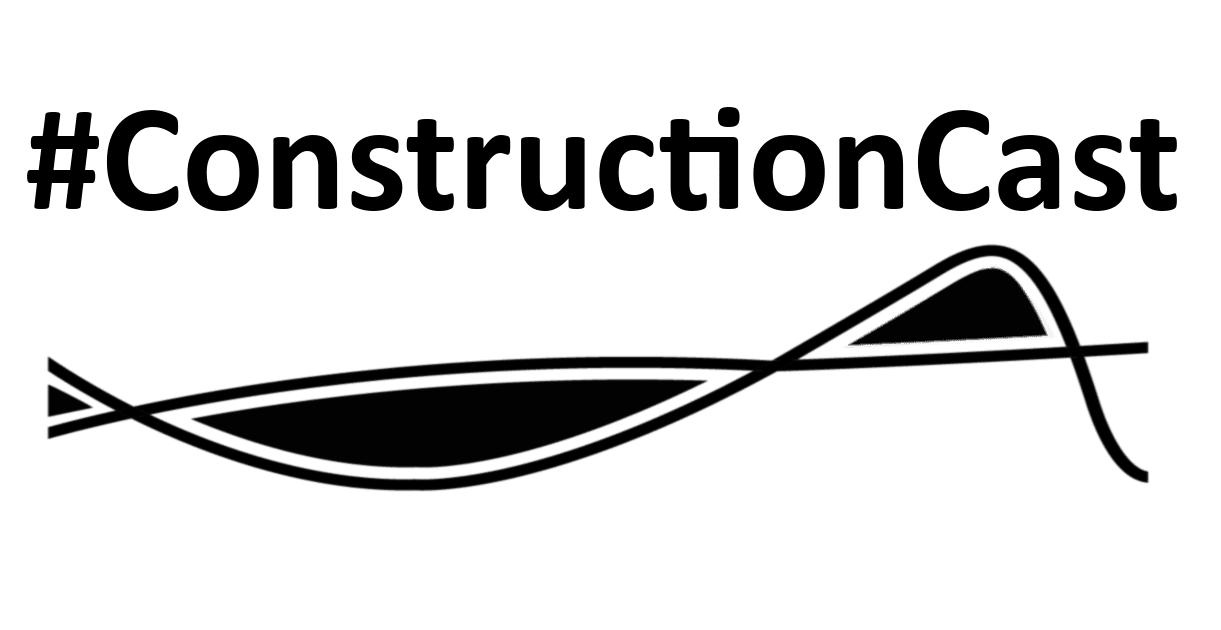Construction Cast Six
With a lot of ground to cover in thirty minutes, this week we looked at the current situation in the Middle East and arbitration, particularly that of complex disputes. Speakers included Ian Maund of QGS, Daniel Goodkin of 4 Pump Court, and Owen Lawrence of the IAC.
We opened with Daniel, looking at where things are now for construction dispute resolution in his practice as a barrister:
Daniel noted that most work at the moment is from before the C-19 shutdown. There’s been little in the way of new matters resulting from C-19. However, chambers have had plenty of advisory work relating to C-19. This includes delay and disruption issues and some work around insolvency.
There seems to be a lot of nervousness around insolvency of parties in a chain. In many cases, a careful examination is being made of parties and stakeholders in the chain before submitting payments or engaging contracts.
As we seek to exit the lockdown, there are likely to be a lot of claims relating to the Coronavirus crisis. Daniel is anticipating a significant volume of litigation as firms move from surviving lockdown, to look at securing their commercial rights.
In Dubai, Ian Maund notes it has been quite a challenge to manage with changing and quite stringent rules. Permit systems and night curfews along with significant levels of testing and tracing have been implemented by the Govt. Quarantine and isolation has been quite strong. Construction has continued and some restrictions are now being lifted.
Virtual Hearings
From the perspective of an ADR centre, Owen notes there has been a shift to Virtual Arbitrations. With the imposition of travel restrictions, many clients initially stayed away. However, the IAC are now running IAC online, a fully virtual platform. The initial reaction was to move things completely online. The challenge was to establish how this would be managed.
The system now is set up so that only key people can be in a room at a time, with others seated at the ‘back’ of the virtual room. Managing the practical issues of hearings online is a challenge. It is particularly difficult to ensure hearings are orderly and controlled efficiently.
Owen feels the biggest breakthrough of recent weeks is the shift to e-bundles (see our notes from last week on this). Electronic papers are the key to the success of virtual hearings. As governments phase out restrictions, it is likely that people will dial in together. However, a physical presence is important to a lot of arbitrators – so it may be that we see a return to a hybrid of part virtual / part physical hearings.
There is a feeling that there will be a shift to a ‘new normal’ in hearings in the Middle East.
Arbitration Trends
Daniel notes that no substantial changes to timetables have been noticed so far, but parties and tribunals are likely to need to consider how things change. We need to get everyone together digitally. A big challenge is working out how we digest all the information electronically rather than in the traditional format. However, Daniel speculates that this may bring about some efficiency gains and improvements.
Owen – is Arbitration continuing to be a favoured method of dispute resolution for commercial disputes? As a result of the crisis, there is likely to be a shortage of hearing rooms, and decision-makers. There is a perceived shift from litigation to arbitration as a result of the flexibility that arbitration brings.
With 26% of arbitrations taking place in Dubai and 46% in London, where will arbitrations happen in future? Are they more likely to be seated locally? Ian sees significant work in terms of projects in the Gulf region. Much of this is likely to be serviced locally, but of course much will come down to the contract and its negotiation. There is significant confidence in the two main DR centres in the middle east. DIAC, ADCAC , etc. There are other options now, however, particularly LCIA DIFC which are growing in popularity. The local centres are demonstrating themselves to be capable and Ian suspects there may well be a shift towards using them going forward.
Arbitration Tips & Complex Projects
Tips for arbitration: First, identify what building blocks you need to put your case together. Find the strengths and key points needed to prove your case. And where are the weaknesses? In the ‘new normal’ of virtual hearings, will advocates lose many of the tools they currently rely upon? For example, being able to read the room. It will be hard to know what has the tribunal read, and indeed, whether they are paying attention or not. The technological issues are inevitably going to cause us problems. Also, a 10-hour hearing is demanding, but a 10-hour virtual hearing might be even more arduous.
As lawyers, it may be helpful for more of the case to be in writing. A day-long oral opening may not be well received, for the reasons outlined above. Will it be more difficult to make complicated points as a result of attention spans etc? Daniel also suggests it may be helpful to be a little more prescriptive with recommended reading lists. This could help to ensure all the tribunal are on the same page, so all are familiar with documents.
Clarity and Precision
In choosing facts and arguments for online hearings, it is probable that more precise and strategic arguments are put forward. It seems unlikely that in a virtual environment there will be space for ‘grandstanding’ or lengthy monologues from advocates.
In dealing with complex issues in arbitration, then it’s likely to be important to be very selective and clear in setting out arguments. The strategy and planning of a route to success is important. It is not practical with complex disputes to throw all the information and all the points at the tribunal.
It is vital in complex project disputes that the credibility of experts and other witnesses is preserved. Because a tribunal must be selective in the information it hears, ensuring everything is correct, carefully backed up and verified is crucial. Expert opinions and reports must all be supported, checked and double-checked.
Finally, Daniel observes that in complex disputes, a key is to persuade the tribunal that the points where your case is strong, are the points upon which the dispute turns.
Thank you as always to all those who joined us as attendees and speakers this week.

